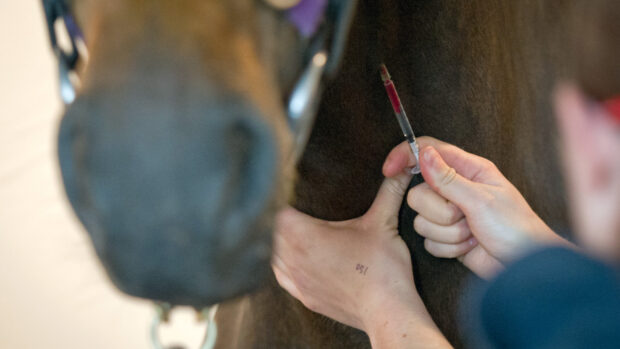The case against an obese man who “squashed” a donkey foal to death by sitting on it has been thrown out by a Spanish judge.
The donkey was taking part in a nativity scene and was in a pen in the town in Lucena, Andalusia in 2014.
The man climbed into the animal’s pen on 10 December 2014 to pose for a photo with the donkey.
The donkey was around five months old and was not meant to be ridden in its role in the Christmas nativity scene, which was situated outside the City Hall.
However, the man — who reportedly weighs around 23 stone — posed on the donkey for a photograph.
The photo then was circulated on social media and caused general outcry.
The donkey, called Platero, was put down two days after the incident.
The police were alerted to the donkey after locals reported that the animal could barely stand.
Charity El Refugio del Burrito (The Donkey Sanctuary in Spain) launched legal action, but the case has been dismissed.
Related articles:
- Man who ‘squashed’ donkey to death faces prison charge
- Nativity donkey dies after being ‘squashed’ by obese man
“The judge dismissed the proceedings as she considers that the actual complaints are not a criminal offense and that there is not enough evidence to justify an in-depth investigation,” said an El Refugio del Burrito spokesman.
“The court order states that ‘even if an aggressive conduct had been proved, it is not clear [if it was] the direct cause of the animal’s death, and it is therefore not possible to establish the causality needed”.
The charity filed a complaint against the man that allegedly caused the death of Platero and another complaint against the city council for alleged omission of care, as the donkey was not helped by a vet until two days after the alleged incident.
“El Refugio del Burrito considers that there has been no will to clarify the facts which could be punishable under the criminal code and will therefore appeal this decision,” an El Refugio del Burrito spokesman said. “We would like to take this opportunity to thank those that have helped fund the costs of the case”.





